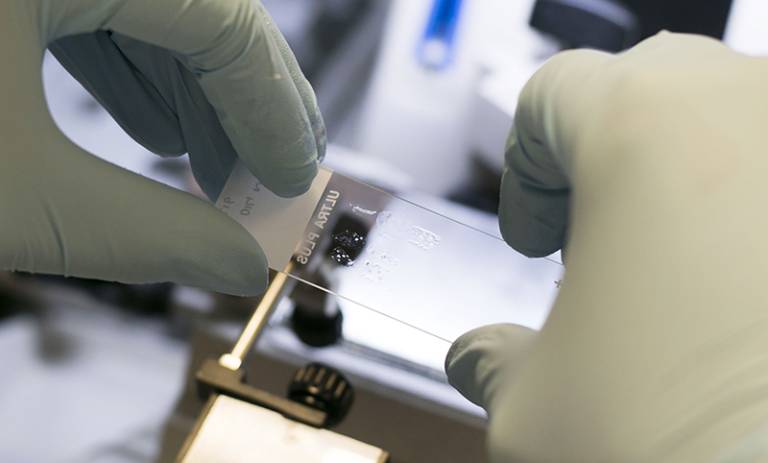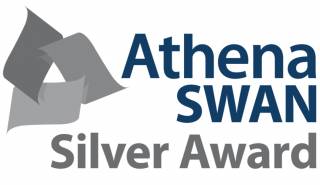Research Technician
8 August 2023
This position has closed.

About us
The Research Technician will join the new group led by Dr Zecchin at the Institute of Ophthalmology, who investigates new therapeutic approaches for treating metastatic uveal melanoma. The post offers an exciting opportunity for someone to play a key role in understanding the mechanisms that dictate cancer cell dormancy and in identifying new therapies for treating and preventing metastatic growth of this lethal cancer of the eye.
The successful candidate will be part of a dynamic research and teaching Institute, as well as benefiting from opportunities afforded by being part of the larger community of the Faculty of Brain Sciences, School of Life and Medical Sciences and University College London (UCL).
About the role
Salary: UCL Grade 6 spine point 21-23 (£33,259 - £34,987 per annum, including London Allowance).
Duration: the funding is available until 18th July 2025, in the first instance.
The successful candidate will participate in all phases of the research project, with a variety of opportunities for professional development and for authorship of manuscripts that should arise from the work.
The post holder will be initially involved in performing in vitro cell-based assays to evaluate deregulation of signalling nodes and oncogenic properties of uveal melanoma cells. Many of these techniques will be taught within the job.
They will also learn and refine different methods of in-vivo transplantation of cancer cells. They will be then in charge of transplanting genetically-labelled uveal melanoma cells in mice, following their trajectory of growth, also by in-vivo imaging techniques, and isolating cancer cells from colonized organs.
They will also assist with the handling of fresh samples from uveal melanoma patients, that will be employed to derive cell culture models and/or to perform different types of analysis, such as IHC or RNAseq.
About you
The successful candidate should be able to work independently in the lab, being reliable for high standard of work and organized. They should show a positive and helpful approach to work and take proactive steps to fulfil needs and face challenges.
They should have at least an Honours BSc degree, documented and extensive experience in cell culture, experience in laboratory mice handling and in basic molecular biology analysis techniques. Other desirable experience includes genetic modification of cells in culture, primary cell isolation and culture, cell sorting and surgery on laboratory mice.
Application Process
If you have any queries regarding the vacancy please contact Dr Davide Zecchin (email: d.zecchin@ucl.ac.uk). If you have any queries regarding the application process please email: ioo.hr@ucl.ac.uk.
Please ensure you attach your CV and highest academic qualification. In addition, please ensure you provide a personal statement outlining how you meet the criteria to support your application.
Find out more and apply via UCL Jobs

Our commitment to Equality, Diversity and Inclusion
As London’s Global University, we know diversity fosters creativity and innovation, and we want our community to represent the diversity of the world’s talent. We are committed to equality of opportunity, to being fair and inclusive, and to being a place where we all belong.
We therefore particularly encourage applications from candidates who are likely to be underrepresented in UCL’s workforce. These include people from Black, Asian and ethnic minority backgrounds; disabled people; LGBTQI+ people; and for our Grade 9 and 10 roles, women.
Our department holds an Athena SWAN Silver award, in recognition of our commitment and demonstrable impact in advancing gender equality.
 Close
Close

